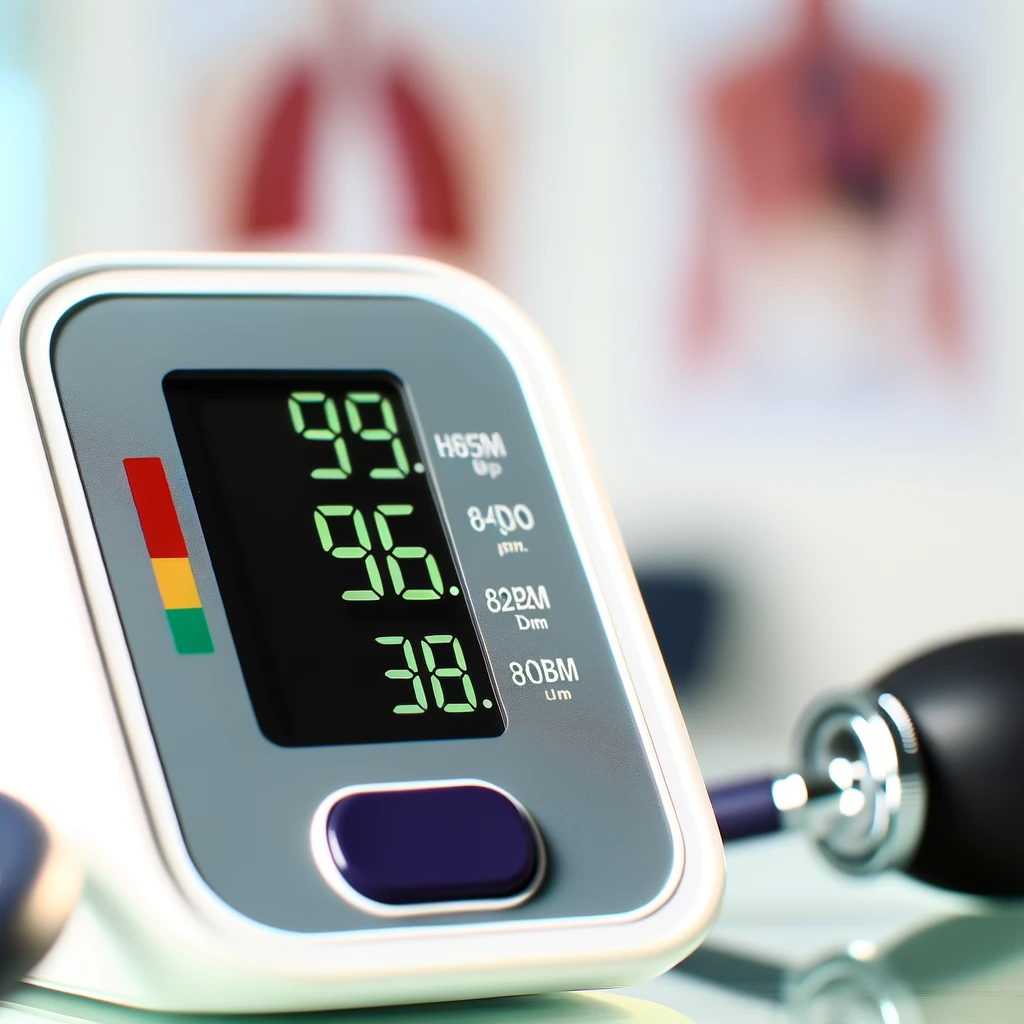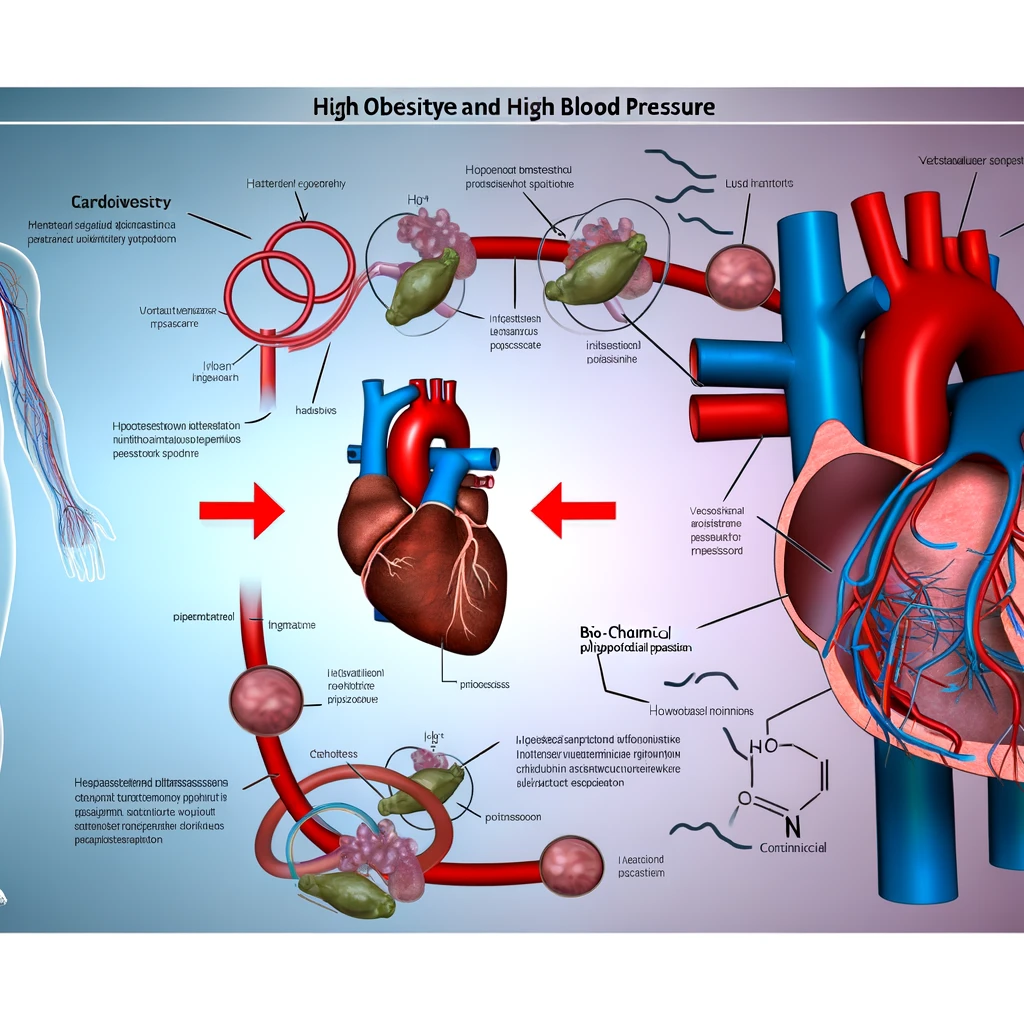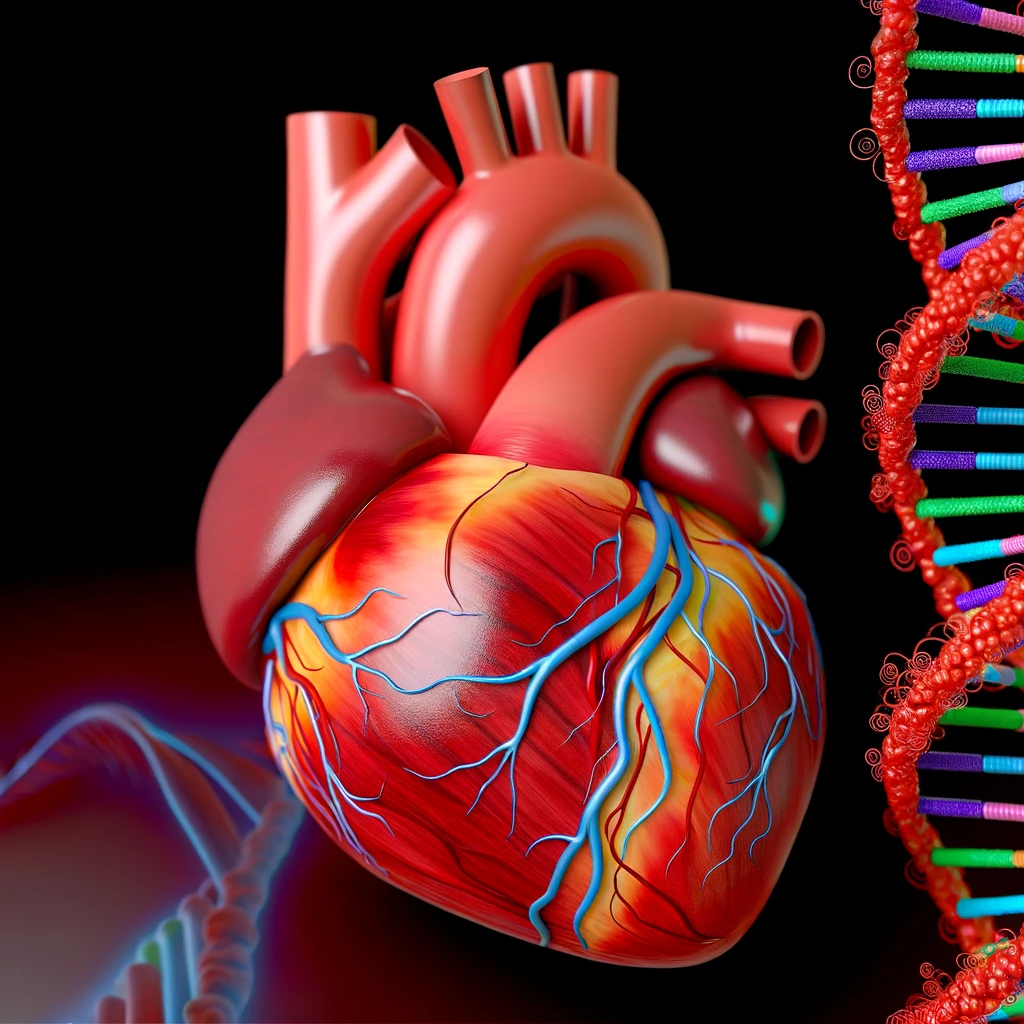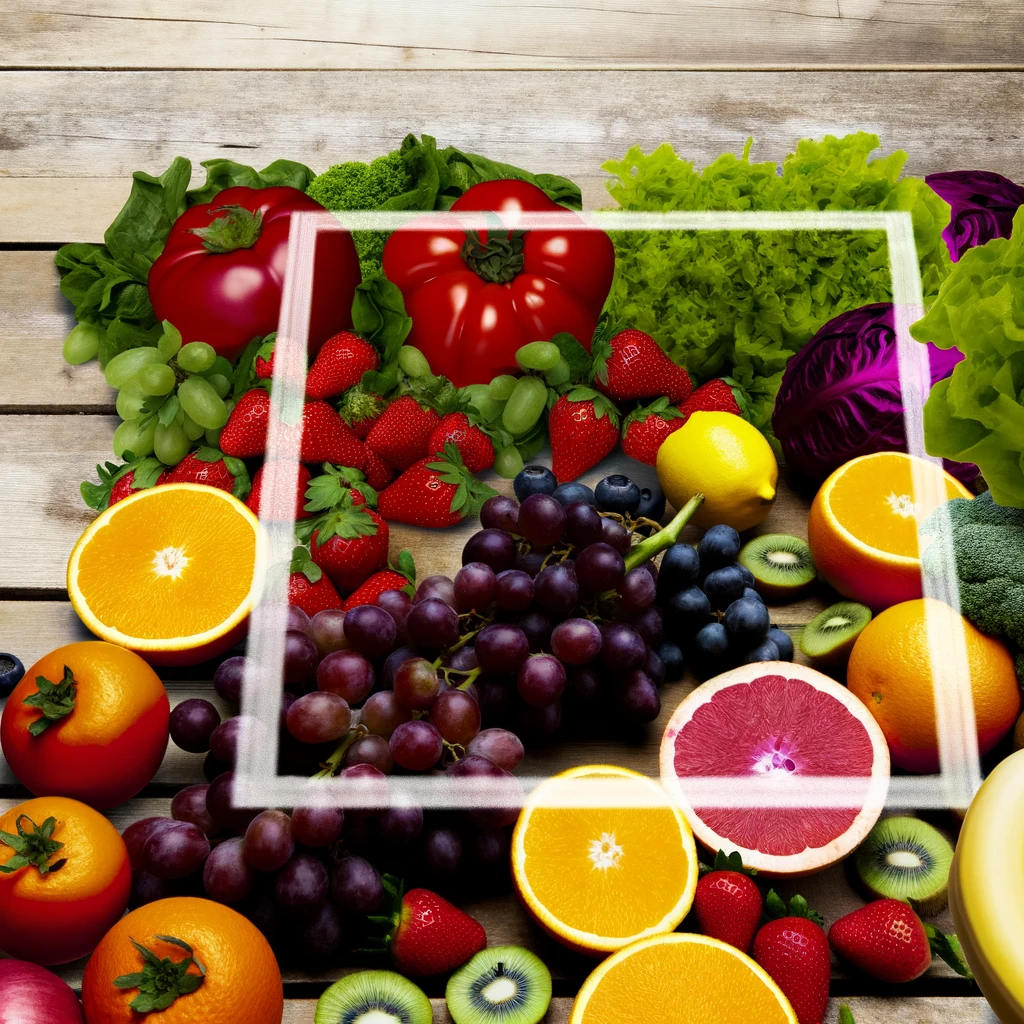Related Articles









High blood pressure, also known as hypertension, is a common health condition that affects millions worldwide. It is a major risk factor for heart disease, stroke, and other serious health issues. While medication is often prescribed to manage blood pressure levels, diet plays a pivotal role in preventing and controlling hypertension.
Hypertension occurs when the force of blood against the artery walls is too high. Over time, this increased pressure can lead to serious health problems, including heart attack, stroke, and kidney disease. The condition is often called the 'silent killer' because it may not present any symptoms until significant damage has occurred.
Dietary choices can have a significant impact on blood pressure. Certain foods can help lower blood pressure, while others can worsen it. A balanced diet rich in fruits, vegetables, whole grains, and lean proteins is essential for maintaining healthy blood pressure levels.
Excessive sodium consumption is a major contributor to high blood pressure. The American Heart Association recommends consuming no more than 2,300 milligrams of sodium per day, with an ideal limit of 1,500 milligrams for most adults.
Potassium helps balance the amount of sodium in your cells, and a higher intake is associated with lower blood pressure. Foods rich in potassium include bananas, oranges, potatoes, and spinach.
The Dietary Approaches to Stop Hypertension (DASH) diet is specifically designed to combat high blood pressure. It emphasizes fruits, vegetables, whole grains, and low-fat dairy products. The DASH diet is low in saturated fat and cholesterol and rich in nutrients that help lower blood pressure, such as potassium, calcium, and magnesium.
Drinking alcohol in moderation can have health benefits, but excessive consumption can raise blood pressure. It is advisable to limit alcohol intake to no more than two drinks per day for men and one drink per day for women.
Being overweight or obese increases the risk of developing hypertension. Losing even a small amount of weight can help lower blood pressure. Combining a healthy diet with regular physical activity is an effective strategy for weight management.
Managing high blood pressure requires a multifaceted approach, with diet playing a critical role. By incorporating healthy eating habits, individuals can significantly reduce their risk of hypertension and its associated complications. It is important to consult healthcare professionals for personalized dietary advice and to develop a comprehensive plan for managing blood pressure.